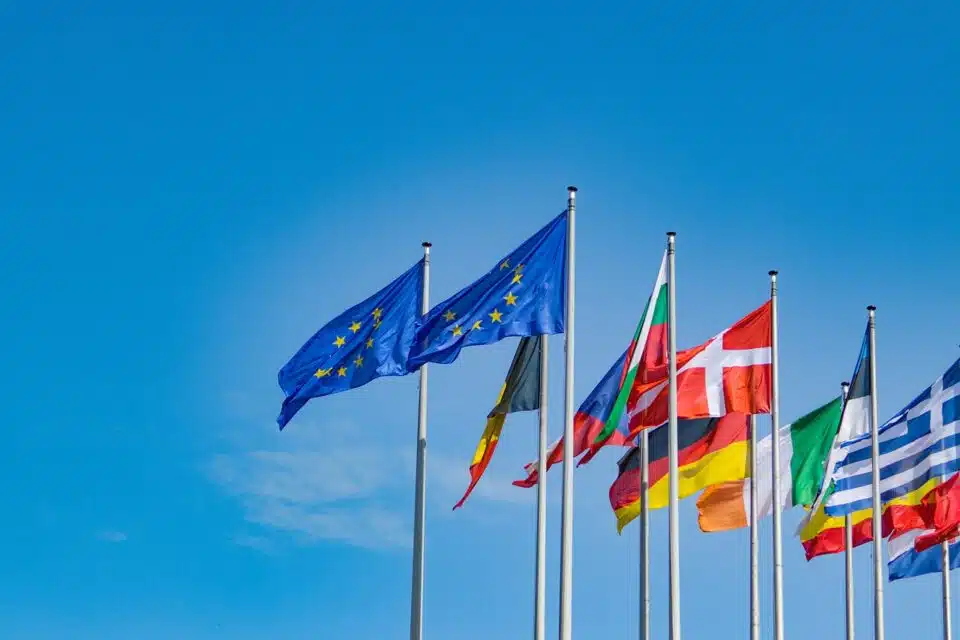KUALA LUMPUR, June 30 — The Malaysia-European Union (EU) free trade agreement (FTA) should be revived, as it presents extensive cooperation prospects beyond lingering palm oil disputes, notably in the semiconductor sector.
EU-Asean Business Council (EU-ABC) executive director Chris Humphrey highlighted Malaysia’s aspiration to emerge as Asean’s semiconductor leader while the EU explores investment opportunities.
“Malaysia-EU trade has exceeded €50 million (RM251.5 million), positioning Malaysia as one of the EU’s top three trading partners in Southeast Asia.
“We would love to have a free trade agreement in place because it will help with not only tariff issues but also non-tariff barriers, government procurement, and other related matters,” he told Bernama.
Humphrey added that a Malaysia-EU FTA would boost European business confidence, showing that Malaysia is open to trade and investment.
While Malaysia aims to be Southeast Asia’s semiconductor hub, Europe is always seeking new markets globally.
“I think that would be a good place for us to invest in, and with the FTA in place, I believe the numbers will be even better,” he said.
Regarding palm oil disputes, Humphrey said there has been progress with a joint task force involving Indonesia, Malaysia, and the EU, as well as ongoing discussions on European deforestation regulations.
“I believe that all these issues (contrasting stances on palm oil) can be put aside. If you look at the ongoing FTA negotiations between the EU and Indonesia, they have managed to put these disputes to one side.
“They are going to deal with them on a separate track once they carry on their trade negotiations. I see no reason why Malaysia cannot do the same,” he said.
Negotiations for the Malaysia-EU FTA began in October 2010, with eight rounds held until September 2012. Due to exhausted options, they reached an impasse.
Investment, Trade, and Industry Minister Tengku Datuk Seri Zafrul Tengku Abdul Aziz recently said the government is still evaluating the EU-Malaysia FTA and the terms.
“Malaysia has also ratified and implemented two of the world’s biggest regional free trade agreements, namely the Regional Comprehensive Economic Partnership and the Comprehensive and Progressive Agreement for Trans-Pacific Partnership,” he said.
Subsequently, it was agreed that negotiations would resume when a fresh mandate and/or flexibilities become available to both sides.
Citing examples of the EU-Vietnam FTA, Humphrey said the relationship between Malaysia and the EU could move in the same direction as EU-Vietnam.
The EU-Vietnam FTA has reportedly boosted Vietnam’s regional competitiveness, with exports to Europe rising from €35 billion (RM176 billion) in 2019 to over €48 billion (RM241.4 billion) in 2023.
Meanwhile, commenting on Malaysia’s economic policies, he praised investor-friendly initiatives like the New Industrial Master Plan 2030 and the National Energy Transition Roadmap under Prime Minister Datuk Seri Anwar Ibrahim.
With Malaysia set to chair Asean next year, Humphrey urged closer global partnerships, particularly as European firms seek supply chain diversification.
The official EU website highlights Malaysia as a key partner, with Malaysia as the EU’s second-largest Southeast Asian trade partner and the EU as Malaysia’s fourth-largest.
In 2022, the EU imported goods valued at €35.6 billion (RM182 billion) from Malaysia and exported goods worth €14.7 billion (RM72 billion) to Malaysia
Beyond trade, the EU supports cooperation projects benefiting Malaysia in education, human rights, and sustainable development.
— Bernama





